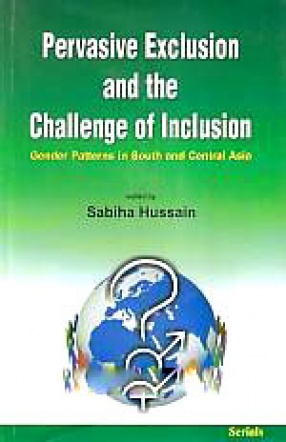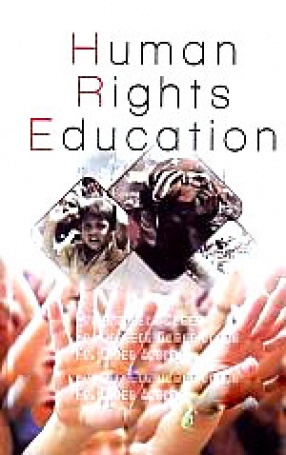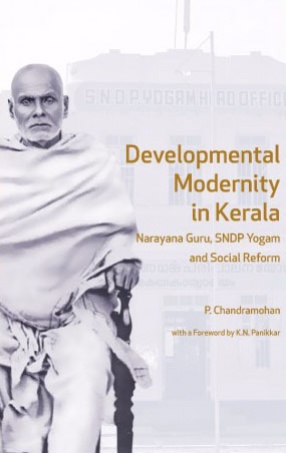It is commonly understood that Muslim women in India are less reponsive to the process of modernization due to their religious faith. It is argued here that how far the religious faith and traditions influence the process of modernization? How do women view the new experiences of socio-cultural and economic challanges within Islamic and modern framework? Do they find religious belief responsible for their lower status in the society? Based on extensive field work in Darbhanga town of North Bihar, the book deals with the changing attitude and aspirations of 250 educated women towards different socio-cultural and religious issues. It analyses their perception, awareness and rational approach in terms of different variables like education, age family structure, income, duration of stay in town, exposure to mass media etc. These factors have contributed significantly in changing the attitude of Muslim women towards the process of modernization and social change. Different issues like education, employment, marriage and family, decision making gender equality, minority complex, Islamic rights, role of religious elite and organizations have been discussed toasses the awareness of women as these areas directly or indirectly affects their status and role in society. The respondents expressed that the structural and institutional factors like customs, traditions, value system, patriarchal structure, misinterpretation of Islamic principles, lack of self initiative or motivation, lack of co-operation from male members etc hinders women to adopt new values and change than religious factors alone.
Pervasive Exclusion and the Challenges of Inclusion: Gender Patterns in South and Central Asia
The volume provides an ...
$76.50
$85.00





There are no reviews yet.